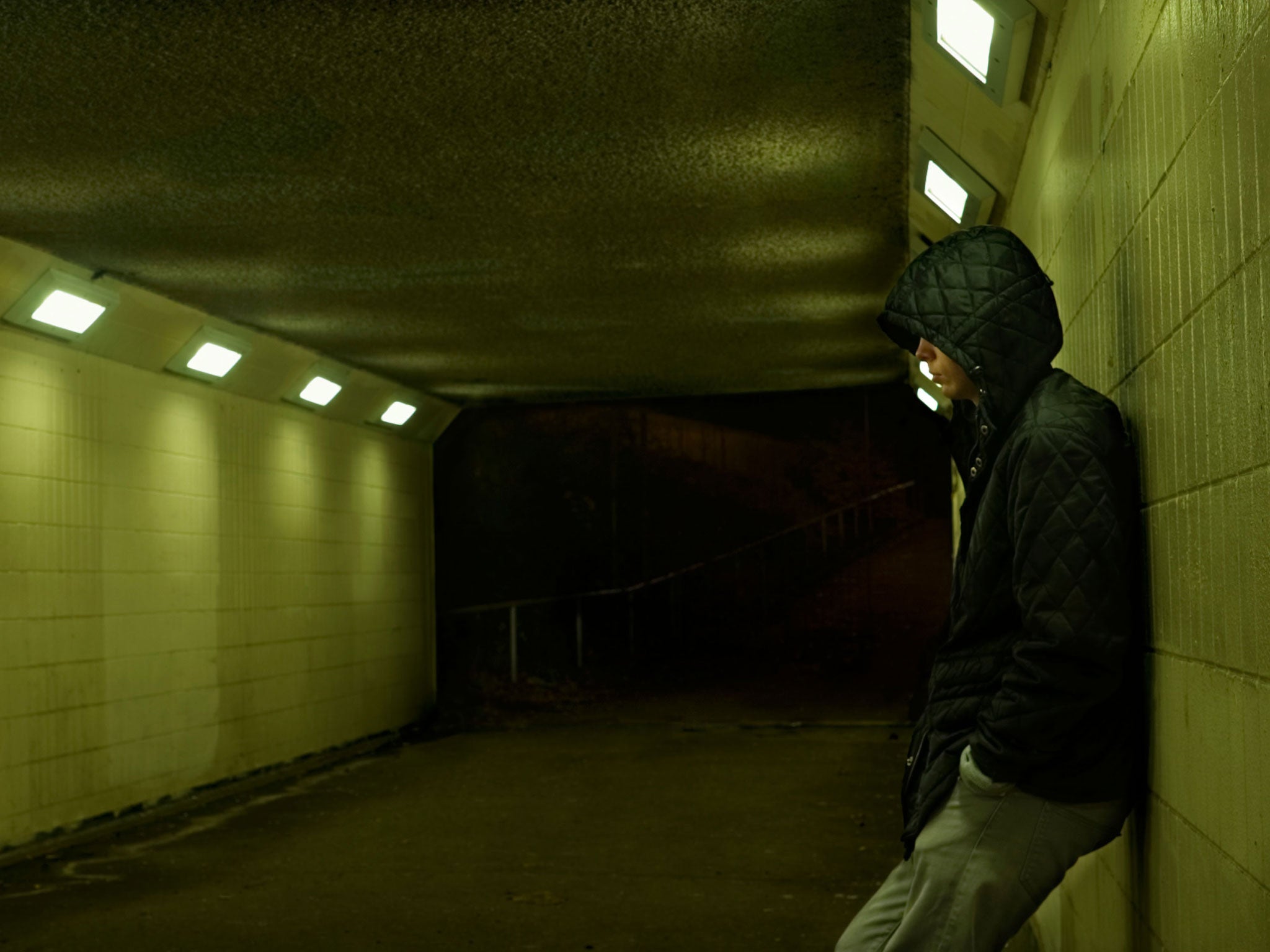The missing: Calls for better recording of care home runaways
Study urges councils to penalise children's homes if youngsters repeatedly abscond

Your support helps us to tell the story
From reproductive rights to climate change to Big Tech, The Independent is on the ground when the story is developing. Whether it's investigating the financials of Elon Musk's pro-Trump PAC or producing our latest documentary, 'The A Word', which shines a light on the American women fighting for reproductive rights, we know how important it is to parse out the facts from the messaging.
At such a critical moment in US history, we need reporters on the ground. Your donation allows us to keep sending journalists to speak to both sides of the story.
The Independent is trusted by Americans across the entire political spectrum. And unlike many other quality news outlets, we choose not to lock Americans out of our reporting and analysis with paywalls. We believe quality journalism should be available to everyone, paid for by those who can afford it.
Your support makes all the difference.Children's homes should be forced to keep a record of all the times their residents go missing and declare it to inspectors to improve protection for the youngsters in their care, a new study claims.
The survey of missing people has called on official inspectors to demand information on the number of children who run away from care homes. A team of researchers from Portsmouth University has also urged local councils to penalise private homes with high "run-rates", and even tear up their contracts to look after children. The calls come amid growing concerns over the fate of youngsters who repeatedly went missing from children's homes and ended up in the clutches of "grooming gangs" who abused them sexually and physically.
After nine Rochdale men were convicted for sexually exploiting young girls last year, it emerged that one of their victims, a 15-year-old who was meant to be receiving round-the-clock "solo" care, went missing 19 times in three months. Instead of trying to find her, the girl's carers would resort to text messages asking: "When are you coming back?" It later emerged that she was being groomed and abused by a group of men.
Ofsted, which has responsibility for monitoring standards in children's care homes, was later criticised by MPs for operating a "tick-box approach" to inspections. The concerns have been echoed by a new study published by the Centre for the Study of Missing Persons, at the University of Portsmouth. The document questioned why care homes were not penalised if children under their care were reported missing repeatedly.
It added: "Ofsted's 2013 report acknowledges that some care homes are rated good or outstanding by Ofsted, despite repeat incidents of children running away. Moreover, Ofsted did not seek information from the police prior to children's care homes' assessments. As part of children's care homes' assessment the police should be asked to provide a summary of missing reports cases from establishments in the period in question and that a high number of cases should impact the ratings of the children's care home and, in extreme cases, lead to the placement of conditions of registration."
Ellen Broome, director of policy at the Children's Society, said: "This is a serious child protection issue and it's incredibly important that there is strong oversight of this, and that we can hold children's homes to account on their performance.
"Given how dangerous going missing is for children, we don't think that Ofsted should be able to give a 'good' or 'outstanding' rating to a home where there have been hundreds of missing incidents."
Labour MP Ann Coffey, chair of the All-Party Parliamentary Group for Runaway and Missing Children and Adults, said: "Children need to be placed in a safe environment. Clearly, if a child is repeatedly going missing, then that child may be at risk."
Ofsted confirmed that regulations did not require children's homes to notify it when a child goes missing, "unless the incident involves the police or instances of prostitution". A spokeswoman said: "In carrying out inspection of children's homes, we expect the home to do everything within their power to minimise the chances of children going missing, to ensure their safety if they do, and to work with young people on their return to understand the triggers for their behaviour."
Join our commenting forum
Join thought-provoking conversations, follow other Independent readers and see their replies
Comments